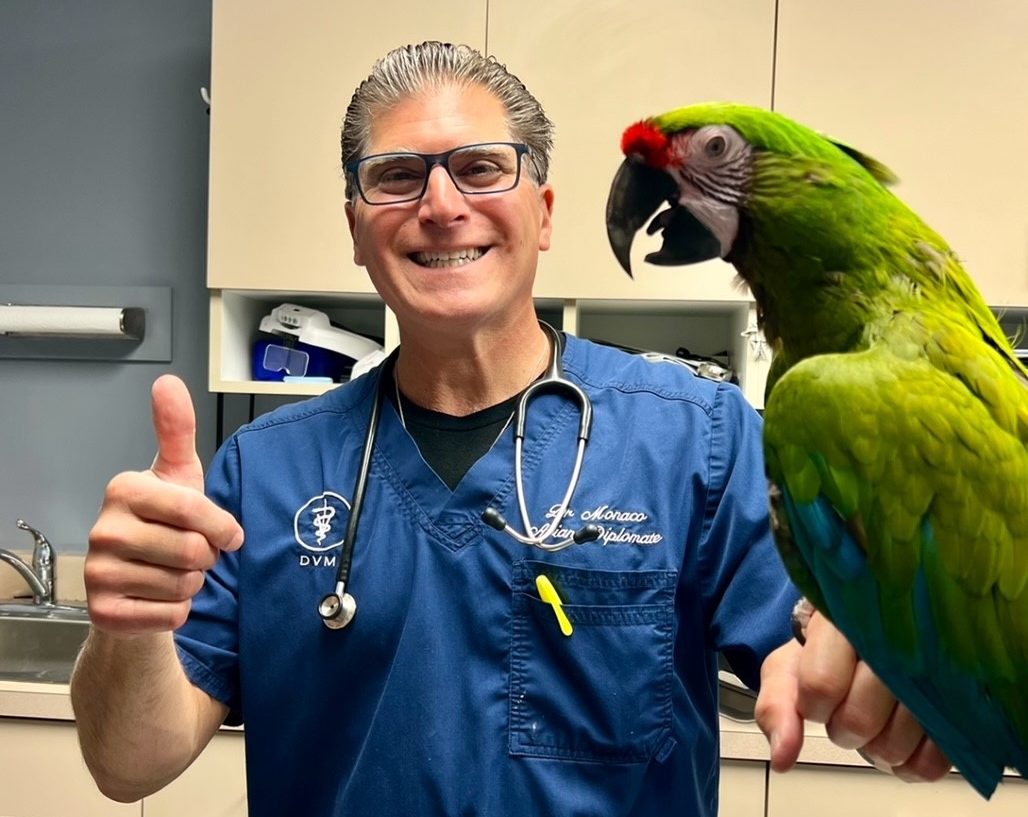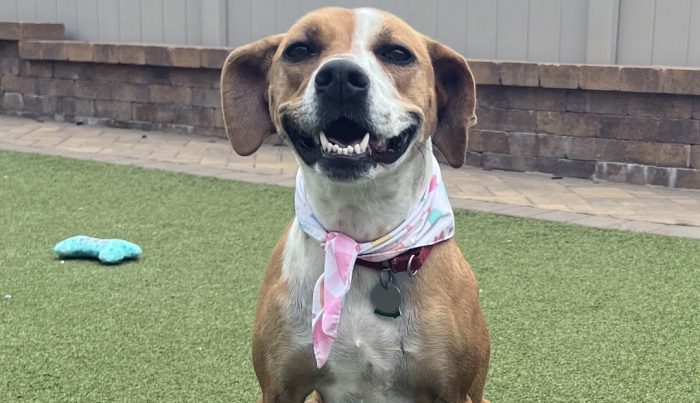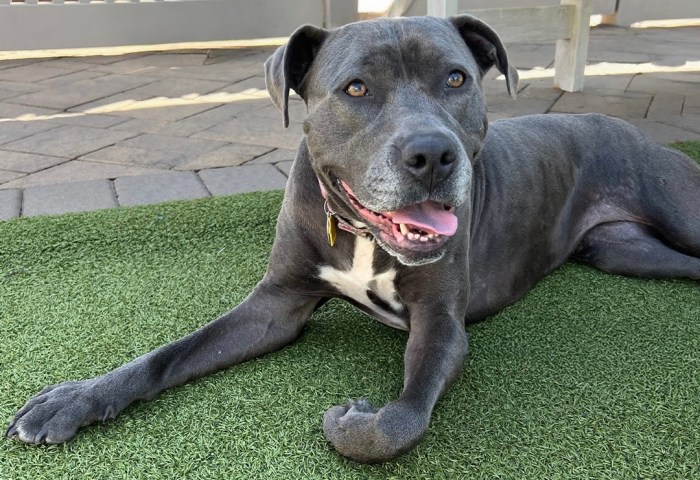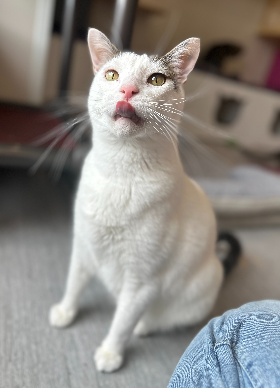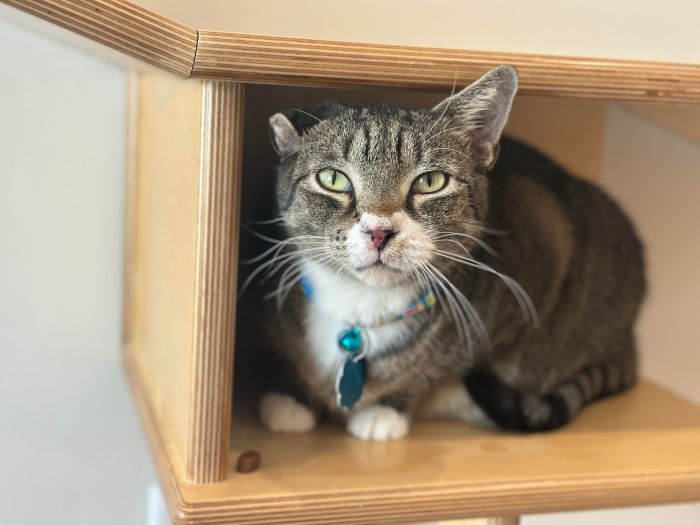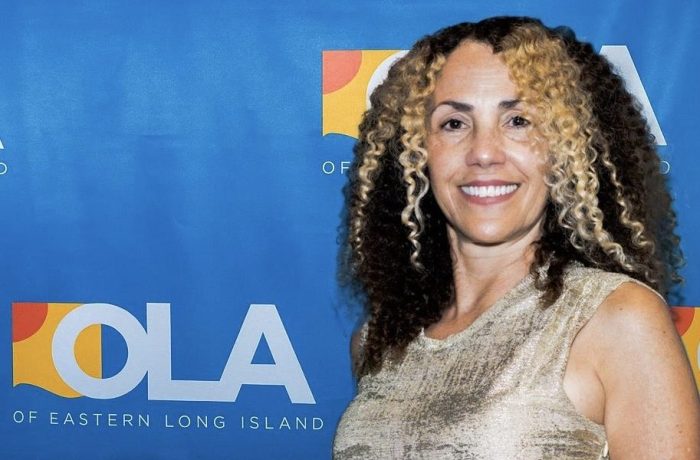Owning a bird can be a deeply rewarding experience, but it is not without its challenges. From the time commitment and daily care to ensuring proper nutrition and addressing behavioral issues, bird ownership requires a significant level of education and dedication.
One of the first considerations when adopting a bird is their lifespan. According to Robert Monaco, D.V.M., Diplomate American Board of Veterinary Practitioners, Avian Specialty, smaller birds such as budgies (parakeets) typically live between 5-8 years, though some can reach their teens. Cockatiels have a longer lifespan, living between 12-20 years, and larger birds can live approximately 20-30 years.
“Despite their potential for longevity, birds in captivity often pass earlier than expected due to factors like poor diet, lack of exercise, and social isolation,” says Monaco. Prospective bird owners should be ready for this long-term commitment and understand that providing proper care is essential for a bird’s well-being.
Birds are social creatures that demand considerable attention. They require daily feeding, cleaning, and interaction to stay healthy and happy. Large parrots, in particular, are known for being messy and noisy, which can be a challenge for some owners. To keep birds mentally stimulated and physically active, Monaco recommends purchasing the largest cage possible and allowing several hours of supervised playtime outside the cage each day. Without supervised freedom and socialization with their human flock, birds may become stressed or develop behavioral issues.
Proper nutrition is critical for maintaining a bird’s health. “Birds should primarily eat pellets and vegetables, with fruits and seeds given only as occasional treats,” says Monaco. Despite advancements in avian nutrition, many bird owners still rely on outdated feeding practices, such as offering sunflower seeds and peanuts, which can lead to health issues over time. And there are other health concerns to consider. Many of Monaco’s larger parrot patients are suffering from the same old-age issues common in humans; atherosclerosis (hardening of the arteries), arthritis, cataracts and gout.
In addition to health problems, certain species of birds, like cockatoos, are prone to behavioral challenges such as feather damaging behavior, including feather plucking. This issue often arises from stress, boredom, or improper care. Addressing these problems requires a combination of environmental enrichment, a balanced diet, and sufficient social interaction.
If you’re looking for a new feathered friend, Monaco recommends adopting a bird from a rescue organization, such as the Long Island Parrot Society. Not only does this help give a bird in need a second chance, but it also ensures new owners are well matched with a bird that suits their lifestyle and experience level. For those who need to rehome their bird, the same organization can provide a safe and supportive process.
To learn more about avian care excellence, visit Dr. Monaco, Old Country Animal Clinic on Facebook and Instagram.




